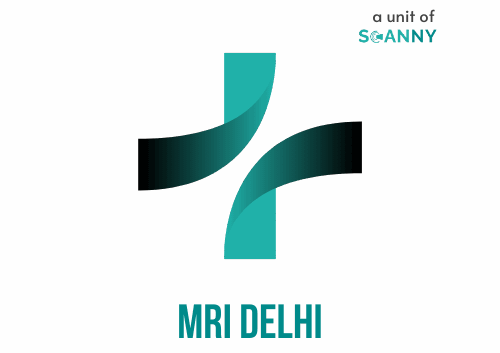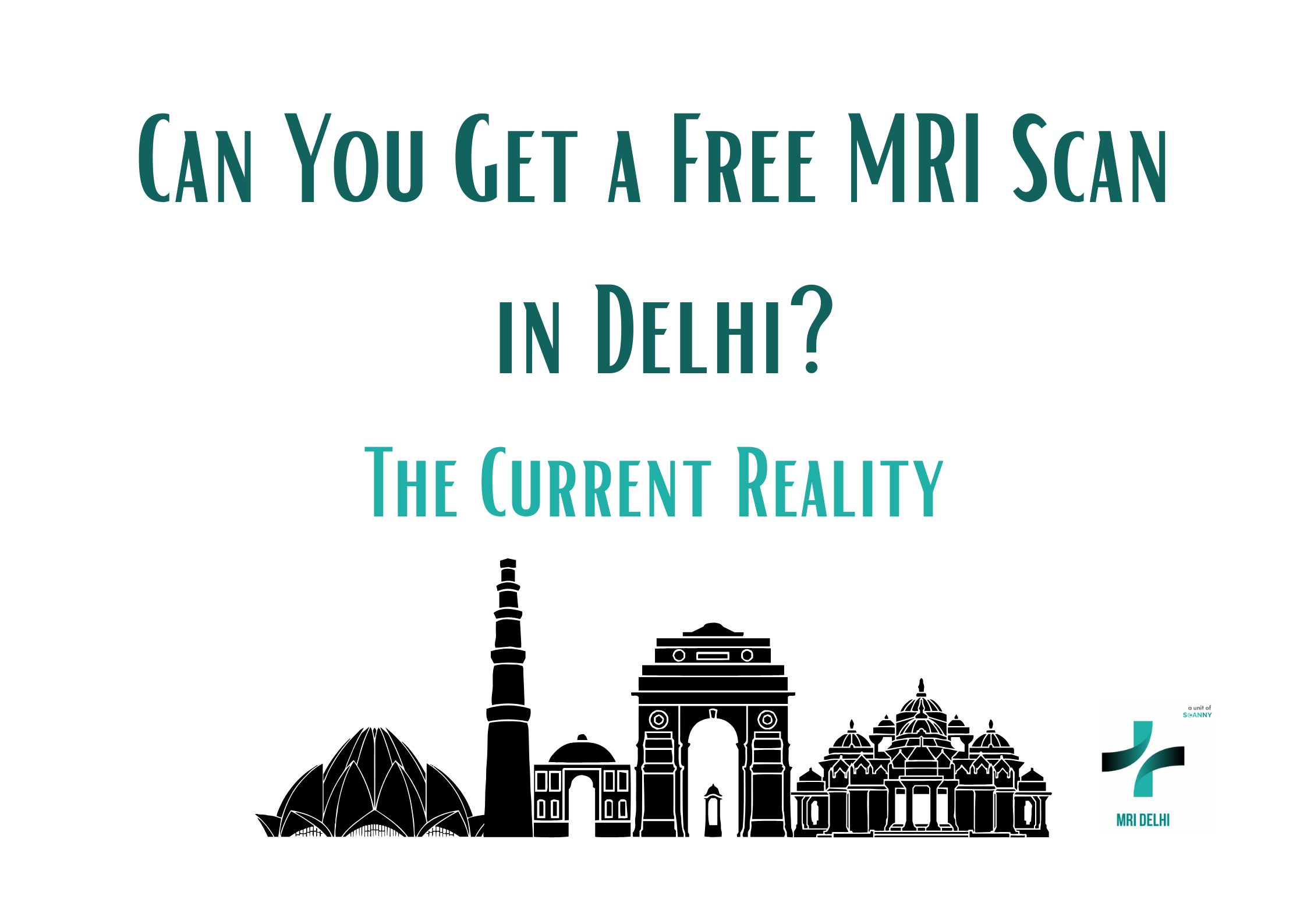If you’ve ever needed an MRI scan, you know how expensive medical imaging can be. A single scan can cost anywhere from ₹3,000 to ₹20,000 or even more at private diagnostic centers across Delhi. For families living on tight budgets, this kind of expense can feel impossible to manage.
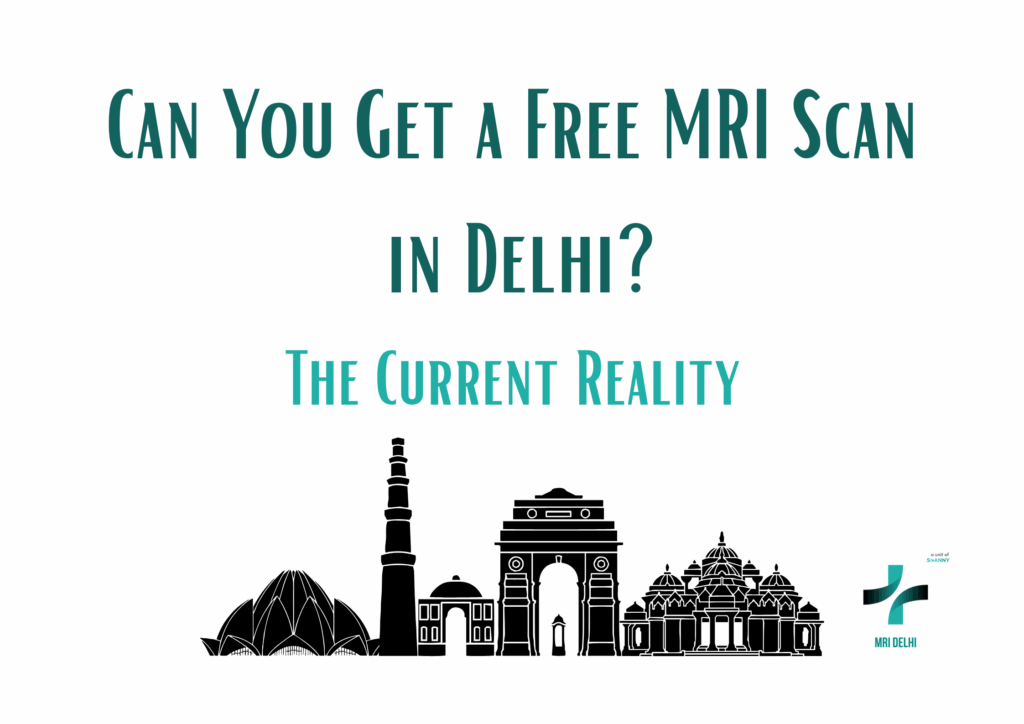
The situation with free MRI scans in Delhi has changed significantly, and it’s important you know the current reality.
Is there a Free MRI Service Available?
The Delhi Arogya Kosh (DAK) scheme continues to offer free scans to eligible residents with a family income of up to ₹3 lakh. However, there are recent concerns that the current BJP government has not allocated funds for this scheme in the budget, potentially affecting its continuation.
Who Can Access Free MRI Scans?
The program targets Delhi residents who have been living in the city for at least 3 years, with an annual family income up to ₹3 lakhs. This income limit ensures that those struggling financially don’t have to skip necessary medical tests just because of money worries.
Where Can You Get This Service?
Currently, MRI services are primarily available only at LNJP Hospital and GB Pant Hospital among Delhi government facilities. Many major hospitals including Delhi State Cancer Institute, Sanjay Gandhi Memorial Hospital, GTB Hospital, and several others lack MRI facilities altogether.
When government hospitals don’t have MRI machines, patients are either referred to private diagnostic centers or covered under the Delhi Arogya Kosh scheme.
Government Hospitals That Can Refer You for Free MRI
Ten Delhi government hospitals can refer eligible patients for free MRI scans: GB Pant Hospital, Lok Nayak Hospital, GTB Hospital, DDU Hospital, Dr. BSA Hospital, Rajiv Gandhi Super Specialty Hospital, Janakpuri Super Specialty Hospital, Institute of Human Behaviour and Allied Sciences, Delhi State Cancer Institute, and Chacha Nehru Bal Chikitsalaya.
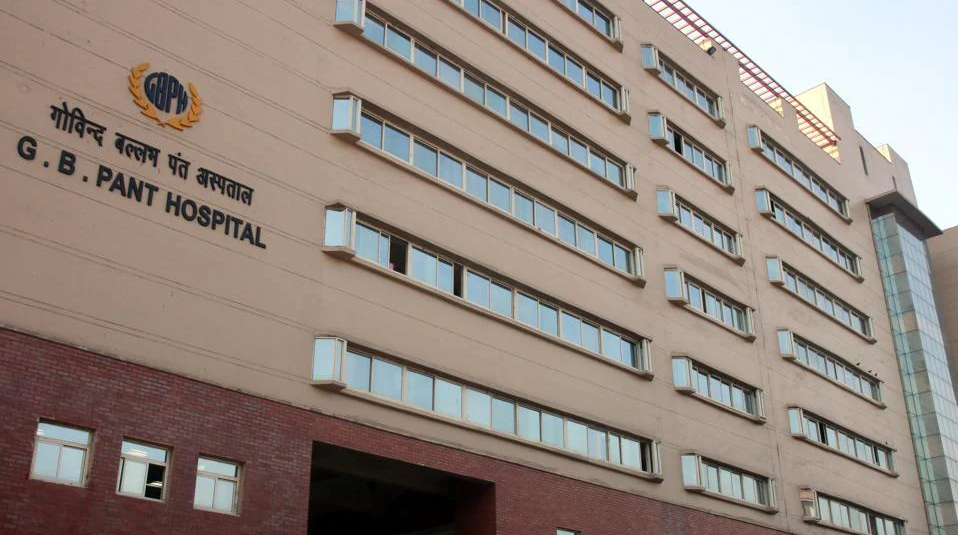
What Do You Need to Bring?
You’ll need some paperwork to prove you qualify:
- Voter ID card, Aadhaar card, passport, driving license, ration card, or extract from electoral roll
- Income certificate issued by the area SDM (for income up to ₹3 lakh per year) or National Food Security Card (for income less than ₹1 lakh per year)
- A doctor’s prescription or referral for the MRI scan from a government hospital
- Any previous medical records related to your condition
Getting an income certificate might sound like a hassle, but you can apply for one through your local SDM office or online through the Delhi government portal. It usually takes a few weeks to process, so plan ahead if you think you might need an MRI.
How the Process Works
First, you must be receiving treatment at one of the designated Delhi government hospitals. Your doctor there will assess your need for an MRI scan. If the scan cannot be done at the government hospital (either due to lack of equipment or long waiting periods), your doctor can refer you through the Delhi Arogya Kosh scheme.
Once referred, you’ll be sent to empanelled NABH-accredited private diagnostic centers where you can get the scan done free of charge, with the government reimbursing the labs at CGHS rates.
The Reality of Government Hospital MRI Services
Let’s be honest about what you might face. At GB Pant Hospital, MRI scans cost between ₹3,000 to ₹4,500 depending on the type of examination, though 20% of MRI examinations are done free of cost for poor patients who cannot afford the charges.
One GTB Hospital official reported receiving at least 20-30 patients daily just for CT scans, with only one machine available. The waiting times at government hospitals can be extremely long—sometimes months.
Important Recent Developments
There’s both good news and concerning news about the future of this program.
Delhi Health Minister Pankaj Singh announced in June 2025 that the government is planning to start MRI and CT scan services in all state-run hospitals at subsidized rates, with patients potentially paying around ₹2,500 for scans under a PPP model. However, this is still in the planning stage.
On the other hand, political claims suggest that the current government has not allocated budget for the Delhi Arogya Kosh scheme, which could impact patients’ ability to get surgeries or tests done in private hospitals at government expense.
Historical data shows that between 2017 to March 2022, more than 4.27 lakh patients benefited from the Delhi Arogya Kosh scheme, with the government spending ₹168.43 crore.
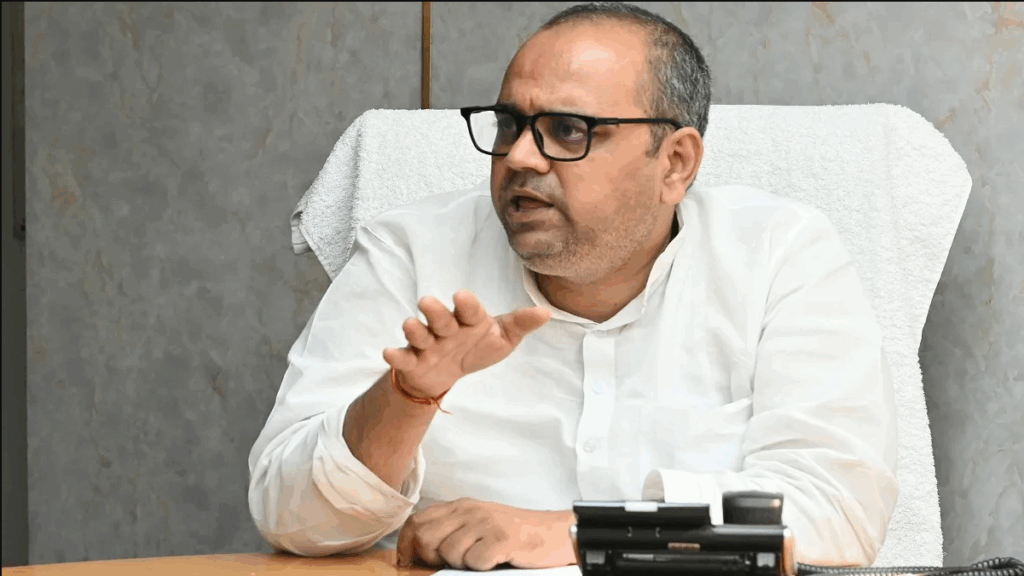
What Does Delhi Arogya Kosh Cover?
Beyond MRI scans, the scheme covers about 136 types of medical tests including X-ray, PET scan, CT scan, and ultrasound, along with surgeries and medical implants. It provides financial assistance up to ₹5 lakhs to needy eligible patients for treatment of any illness or disease in government hospitals.
Frequently Asked Questions
Do I have to be a Delhi resident to use this service?
Yes, you must be a resident of Delhi with valid address proof. You need to have lived in Delhi for at least 3 years before applying. The program is funded by Delhi’s government for its residents.
Can I choose which hospital to go to?
You must first be getting treatment at one of the ten designated government hospitals that can make referrals. They’ll then send you to empanelled private diagnostic centers for the actual scan.
What if my income is slightly above ₹3 lakhs?
The cutoff is firm at ₹3 lakhs annual family income. If you earn above this, you won’t qualify for the completely free service. However, government hospitals still charge much less than private centers for those who pay out of pocket.
How long does it take to get an appointment?
This varies quite a bit depending on the hospital and whether you’re referred to a private center through Delhi Arogya Kosh. Wait times at government hospitals can be several months, which is why the referral system to private labs was created.
Will I get a CD or report of my scan?
Yes, you’ll receive both a detailed report and a CD with your scan images, just like at a private facility. You can take these to any doctor for consultation.
Can I get multiple MRI scans if I need them?
Yes, as long as you still meet the income criteria and have a valid doctor’s prescription for each scan.
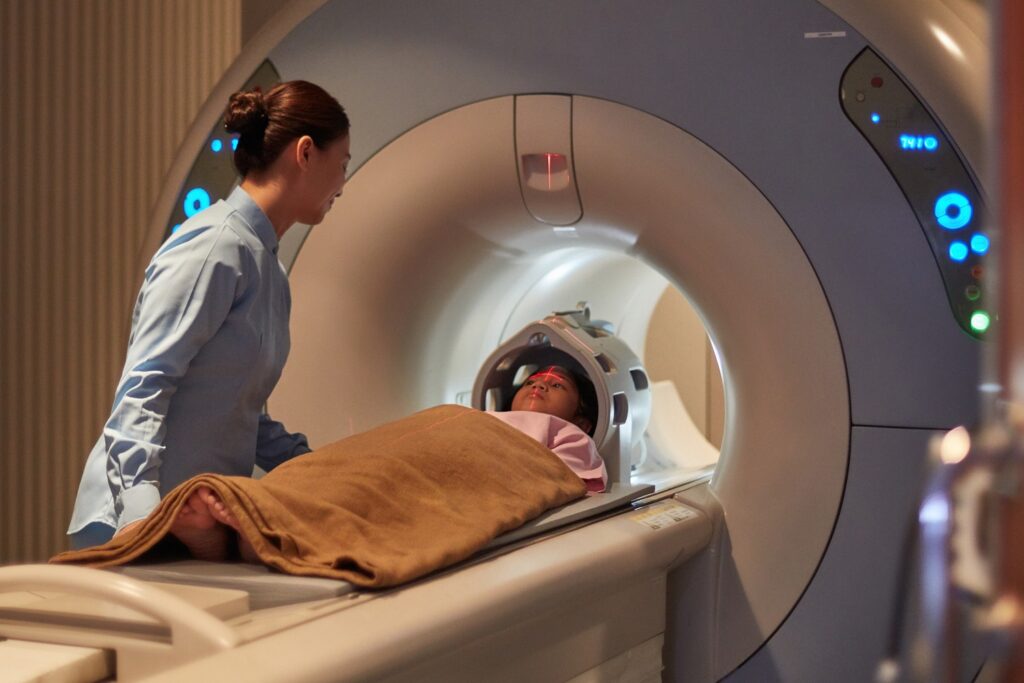
What types of MRI scans are covered?
Most standard MRI scans are covered—brain, spine, joints, abdomen. Specialized scans with contrast might require additional approval.
Do I need to renew my income certificate?
Income certificates typically remain valid for one year. If you need services after that, you’ll need to get a fresh certificate.
Is the scheme still running?
This is the big question right now. While the Delhi Arogya Kosh website and government hospital pages still list the scheme as active, there are political claims about budget concerns. Your best bet is to visit one of the designated government hospitals and ask about current availability.
Can senior citizens use this service?
Absolutely. Age doesn’t matter—only income level does. Many senior citizens benefit from this program since they often need medical imaging but live on limited pensions.
What should I do if I need an MRI now?
Visit one of the ten designated government hospitals mentioned above. Get registered as a patient there, see a doctor, and if an MRI is needed, ask specifically about referral through the Delhi Arogya Kosh scheme. The hospital staff can tell you the current status and process.
Things You Should Know
The program operates through impanelled private labs because many government hospitals lack MRI machines entirely. Some patients who don’t reside in Delhi or are ineligible under the DAK scheme cannot be referred for subsidized scans and must go to private diagnostic centers.
Make sure all your documents are in order before your first visit. Missing even one paper can mean making another trip to the hospital. The three-year Delhi residency requirement is strictly enforced.
